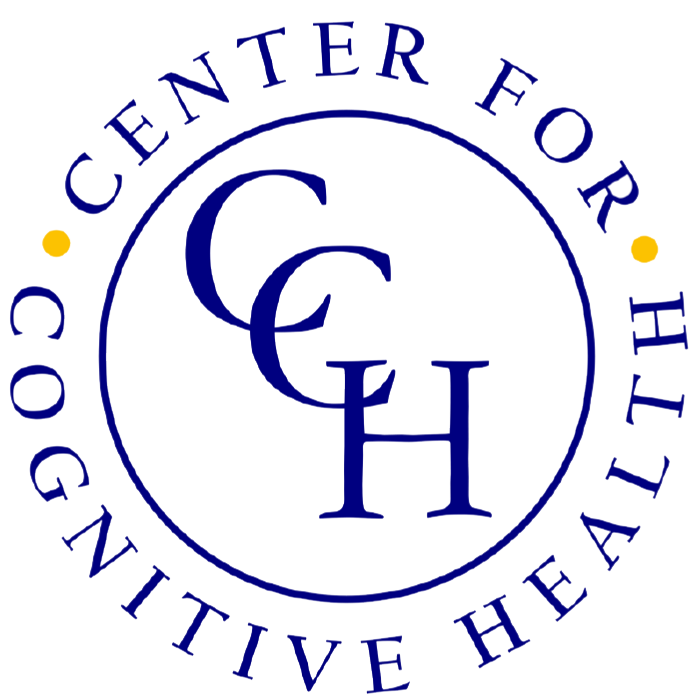How is Memory Loss Treated?
Memory loss can be a distressing condition that affects individuals for various reasons, including aging, neurological conditions, or other underlying health issues. Treatment for memory loss depends on the underlying cause and can range from lifestyle changes to medical interventions. Here’s a 300-word summary on memory loss treatment for patients:
- Identify the Underlying Cause: The first step in treating memory loss is to determine its root cause. This may involve comprehensive medical evaluations, including neurological assessments, blood tests, and brain imaging to rule out conditions like Alzheimer’s disease, vascular dementia, or other medical issues.
- Lifestyle Modifications: Adopting a healthy lifestyle can have a significant impact on memory function. Focus on regular exercise, a balanced diet rich in antioxidants and omega-3 fatty acids, adequate sleep, and stress management. These practices can promote overall brain health.
- Mental Stimulation: Engaging in mentally stimulating activities, such as puzzles, crosswords, reading, and learning new skills, can help keep the brain active and may slow down cognitive decline.
- Social Engagement: Staying socially active and maintaining strong connections with friends and family can provide emotional support and cognitive stimulation.
- Medication: In cases of memory loss associated with Alzheimer’s disease or other forms of dementia, healthcare providers may prescribe medications like cholinesterase inhibitors (e.g., donepezil) or memantine to manage symptoms and slow the progression of the condition.
- Behavioral Therapies: Behavioral interventions, such as cognitive-behavioral therapy (CBT) or cognitive rehabilitation, can help individuals with memory loss learn coping strategies, enhance problem-solving skills, and improve daily functioning.
- Memory Aids: Assistive devices like calendars, reminder apps, and electronic organizers can help individuals compensate for memory deficits and maintain their independence.
- Brain Training Programs: Some individuals benefit from structured brain training programs and memory improvement exercises, which can help enhance cognitive function and memory recall.
- Nutritional Supplements: Certain supplements, such as vitamin E, ginkgo biloba, and other antioxidants, have been studied for their potential cognitive benefits. However, it’s essential to consult with a healthcare provider before taking any supplements.
- Clinical Trials: Participating in clinical trials for memory-related conditions can provide access to cutting-edge treatments and therapies that may not be available through standard care.
- Emotional Support: Memory loss can be emotionally challenging. Seeking support from therapists, counselors, or support groups can help individuals and their families cope with the emotional aspects of memory loss.
- Regular Follow-Up: Consistent monitoring and follow-up with healthcare providers are crucial to assess progress and make necessary adjustments to the treatment plan.






